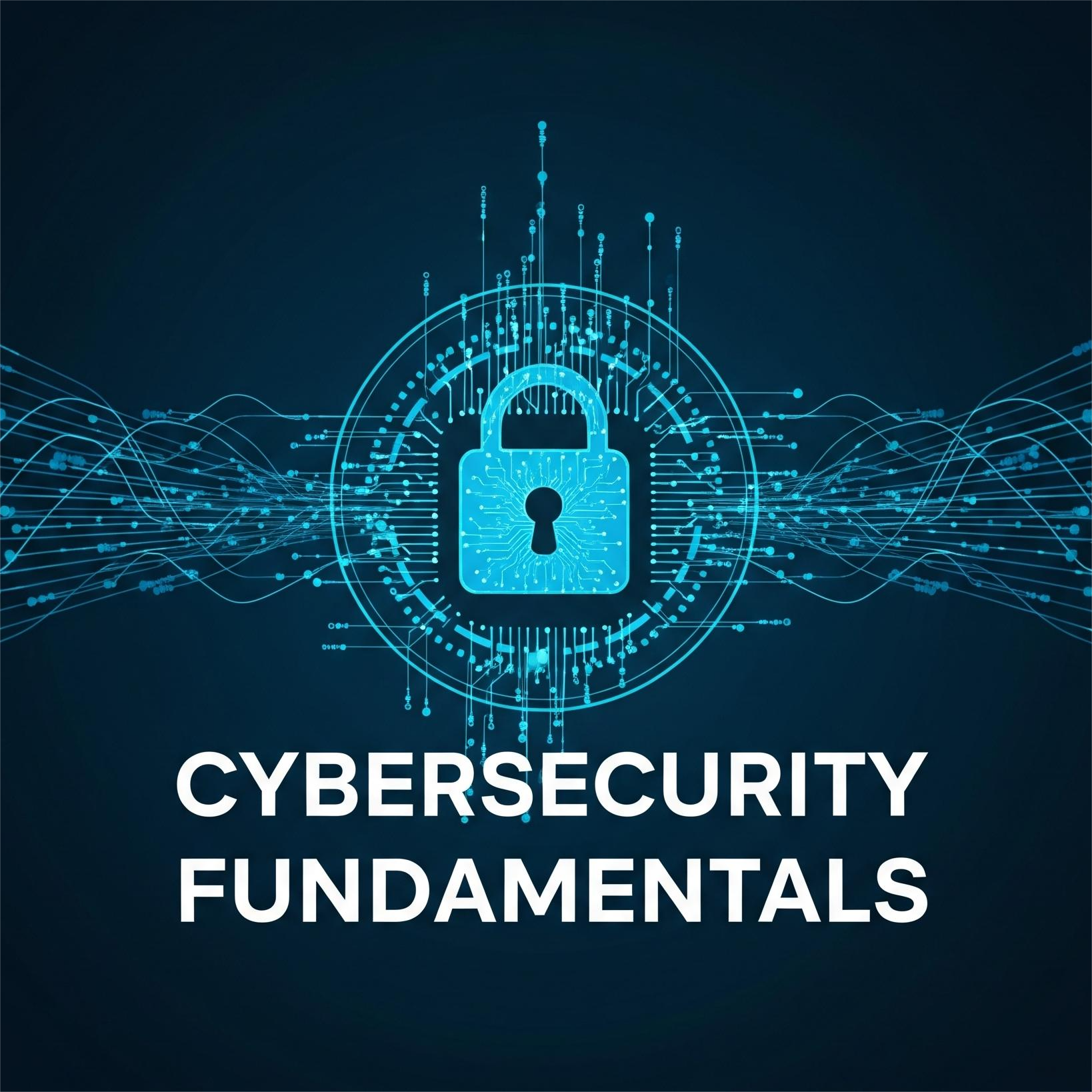
Cybersecurity Fundamentals
Course Description
Cybersecurity Fundamentals is an entry-level course designed to introduce you to the core principles of digital security in today’s rapidly evolving tech landscape. From understanding common cyber threats like phishing, malware, and ransomware to exploring modern defense strategies such as multi-factor authentication, encryption, and Zero Trust architecture, this course prepares you with the essential skills to protect data, devices, and networks.
You’ll also gain insights into real-world cyber incidents, global compliance standards (including GDPR and India’s DPDP Act), and how to respond effectively to security breaches. With trending topics like AI-driven threats, cloud security, and quantum-safe encryption included, this course is your first step toward cyber resilience and a future-ready career.
Whether you're an IT professional, business owner, or just starting out, this course delivers practical knowledge in a clear, beginner-friendly format—no prior technical background needed.
What You’ll Learn
-
Core cybersecurity concepts and terminology
-
Common attack types: phishing, malware, ransomware, APTs
-
Practical defense strategies: firewalls, MFA, encryption, Zero Trust
-
Regulatory frameworks: GDPR, India’s DPDP Act, HIPAA
-
Best practices for cloud and mobile security
-
Real-world incident response and recovery planning
-
Career paths, skills, and top industry certifications
Course Curriculum
-
Introduction to Cybersecurity
-
What is Cybersecurity?
-
Why cybersecurity matters in 2025
-
Understanding the digital threat landscape
-
-
Key Concepts & Terminology
-
CIA Triad: Confidentiality, Integrity, Availability
-
Threats, vulnerabilities, and attack vectors
-
Common terms: malware, ransomware, phishing, etc.
-
-
Common Cyber Threats
-
Phishing, spear-phishing, smishing
-
Ransomware, trojans, worms, spyware
-
Zero-day exploits & supply chain attacks
-
Deepfakes and AI-driven threats
-
-
Security Technologies & Tools
-
Firewalls, antivirus, and anti-malware
-
Multi-Factor Authentication (MFA) & Password Managers
-
Endpoint Detection & Response (EDR)
-
Introduction to SIEM and Zero Trust Architecture
-
-
Cybersecurity Best Practices
-
Safe browsing and secure communication
-
Patch management and software updates
-
Data encryption (at rest & in transit)
-
Role-Based Access Control (RBAC)
-
Securing remote/hybrid work environments
-
-
Compliance & Legal Standards
-
Overview of major regulations:
-
GDPR (EU)
-
India’s DPDP Act 2023
-
HIPAA (US)
-
ISO/IEC 27001
-
-
Organizational compliance strategies
-
Cyber law basics
-
-
Incident Response & Recovery
-
Phases of incident response (Identify, Contain, Eradicate, Recover)
-
Importance of digital forensics
-
Business Continuity & Disaster Recovery Planning (BCP/DR)
-
-
Cloud & Mobile Security
-
Cloud service models & shared responsibility
-
Securing SaaS, PaaS, and IaaS platforms
-
Mobile device & application security
-
BYOD (Bring Your Own Device) risks and controls
-
-
Future of Cybersecurity
-
AI in cybersecurity: threat & defense
-
Quantum computing and encryption
-
Blockchain for digital identity and security
-
Ethical hacking and bug bounty programs
-
-
Cybersecurity Careers & Certifications
-
Career paths: Analyst, Pen Tester, CISO, Cloud Security, etc.
-
Popular certifications: CompTIA Security+, CEH, CISSP, CISA
-
Building your learning roadmap
-

Chronolearn
DeveloperI am a web developer with a vast array of knowledge in many different front end and back end languages, responsive frameworks, databases, and best code practices
| Title | From Date | To Date | Cost |
|---|---|---|---|
| No data found! | |||





